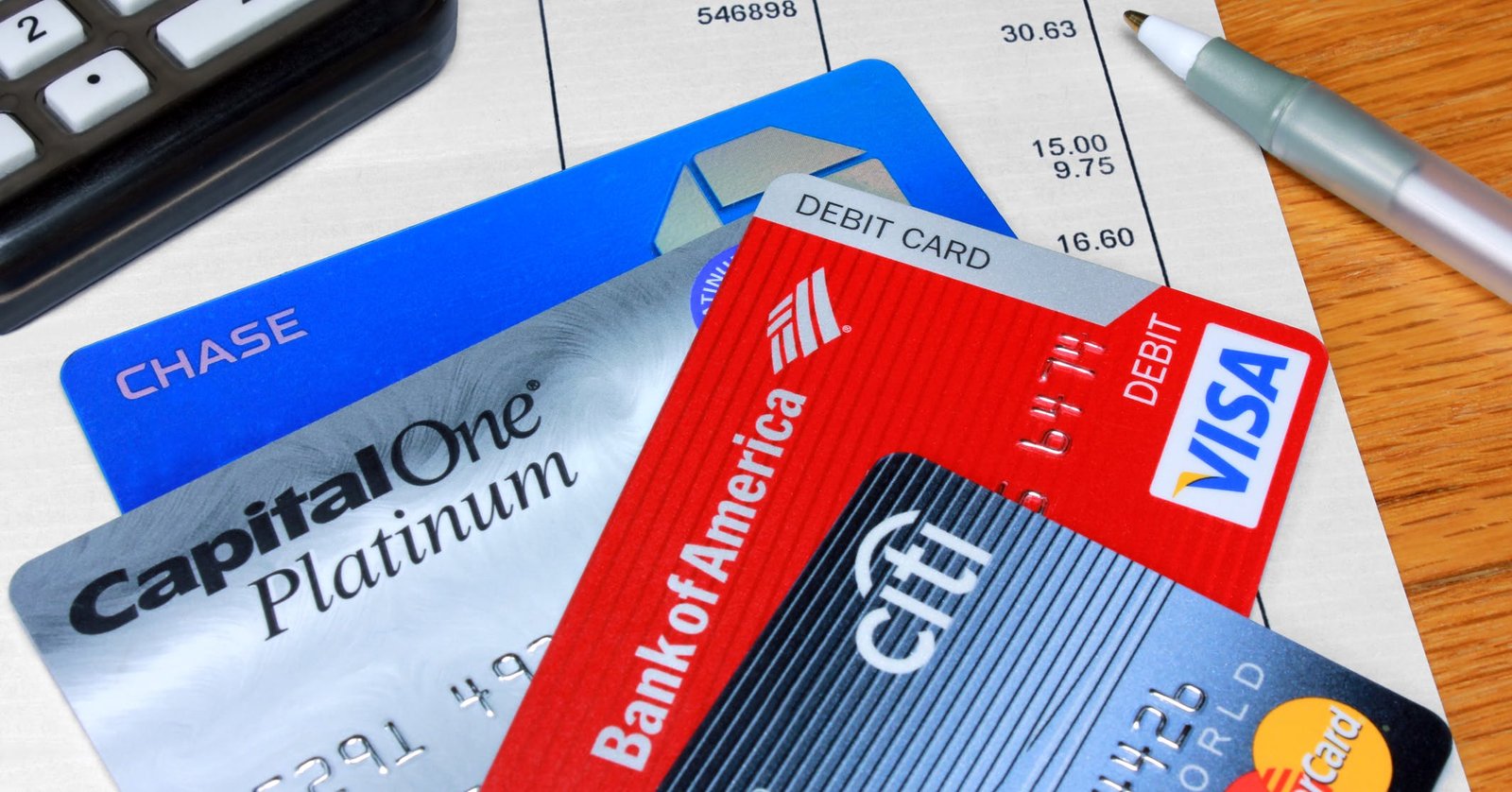In today’s consumer-driven society, credit cards have become an integral part of our financial lives. They offer convenience and flexibility, allowing us to make purchases without the need for immediate cash. However, if not managed responsibly, credit card debt can quickly spiral out of control, leading to financial stress and a negative impact on your overall well-being.
Credit card debt is a widespread issue that affects millions of individuals and families worldwide. According to recent statistics, the average American carries approximately $6,194 in credit card debt. This staggering amount can be attributed to various factors such as overspending, high interest rates, and minimum payment traps.
While it may seem daunting at first glance, tackling credit card debt is entirely possible with dedication and discipline. In this post, we will explore effective strategies for managing and ultimately eliminating your credit card debt.
1. Assess Your Debt Situation:
The first step towards overcoming any challenge is understanding its extent. Start by gathering all your credit card statements and identifying the outstanding balances along with their respective interest rates. This will give you a clear picture of where you stand financially.
2. Create a Budget:
A budget acts as a roadmap for achieving your financial goals. Categorize your expenses into essential (such as housing costs and groceries) and non-essential (such as dining out or entertainment). Allocate funds towards paying off your debts while still meeting necessary living expenses.
3. Pay More Than the Minimum Payment:
One common mistake people make is only paying the minimum amount due on their credit cards each month. While this may provide temporary relief from immediate payments, it prolongs the repayment process significantly due to compounding interest charges.
By paying more than just the minimum payment required each month – even if it’s just an extra $10 or $20 – you’ll make progress toward reducing both principal balance owed and interest paid over time.
4. Prioritize Debts Strategically:
If you have multiple credit cards, it’s vital to prioritize which debts to pay off first. Two popular strategies are the avalanche method and the snowball method.
The avalanche method focuses on paying off high-interest rate debts first while making minimum payments on lower interest rate debts. This approach saves you money in the long run by minimizing interest charges.
On the other hand, the snowball method involves paying off your smallest debt first, regardless of interest rates. By focusing on smaller balances initially, you gain momentum and motivation as you quickly eliminate individual debts one by one.
Choose a strategy that aligns with your personal preferences and financial goals.
5. Negotiate Lower Interest Rates:
If you have a good credit score or a history of responsible repayment behavior, consider contacting your credit card issuer to negotiate for lower interest rates. A simple phone call can potentially save you hundreds or even thousands of dollars in interest charges over time.
6. Explore Balance Transfer Options:
Another option to consider is transferring high-interest rate credit card balances to accounts with lower or no introductory rates. Many credit card companies offer promotional periods where they charge little-to-no interest for a specific duration – typically six months to a year – giving you an opportunity to make significant progress towards debt reduction during that time frame.
However, be cautious when opting for balance transfers as some issuers may charge transfer fees or revert back to higher rates once the promotional period ends.
7. Seek Professional Guidance:
If managing your credit card debt becomes overwhelming despite your best efforts, seeking professional help from reputable credit counseling agencies may provide valuable assistance. These organizations can help consolidate your debts into more manageable payment plans while providing tailored advice based on your unique circumstances.
8. Cut Back on Expenses:
To expedite your journey towards becoming debt-free, find ways to reduce discretionary spending temporarily or permanently until you regain control over your finances fully. Consider cutting out unnecessary subscriptions or memberships, reducing dining out expenses, and finding cost-effective alternatives for entertainment.
9. Earn Extra Income:
Supplementing your current income with additional revenue streams can significantly accelerate debt repayment. Explore opportunities for part-time jobs, freelancing, or leveraging your skills and hobbies to generate extra cash. Every dollar earned beyond your regular income can be directed towards reducing credit card debt.
10. Stay Motivated and Celebrate Milestones:
Getting out of credit card debt is a marathon rather than a sprint. It’s crucial to stay motivated throughout the process by setting achievable milestones and celebrating each success along the way. Reward yourself when you reach specific goals, such as paying off a certain percentage of your total debt or eliminating an entire credit card balance.
In conclusion, while credit card debt may seem overwhelming initially, it is possible to regain control over your finances and become debt-free through careful planning and disciplined financial habits. By assessing your situation, creating a budget, prioritizing debts strategically, negotiating lower interest rates, exploring balance transfer options when appropriate, seeking professional guidance if needed, cutting back on expenses temporarily or permanently, earning extra income where possible, and staying motivated throughout the journey – you will pave the way towards financial freedom and peace of mind.
Remember that every small step forward counts in the quest to eliminate credit card debt entirely. Stay focused on your goals and embrace financial responsibility as a lifelong commitment for a happier and more secure future.

